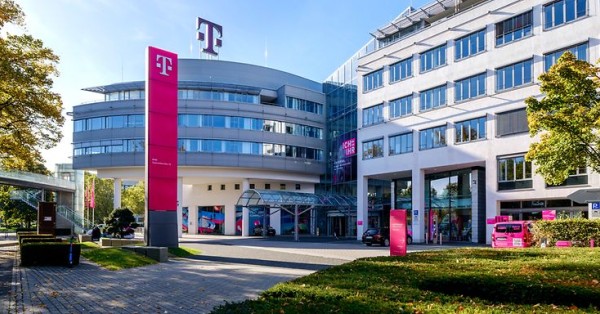SK Telecom (SKT) has announced a substantial investment of US$10 million (approximately 13.7 billion won) in Perplexity AI, a startup renowned for its generative AI search engines. This strategic partnership is poised to integrate AI capabilities into SKT’s operational framework, significantly enhancing their technological infrastructure and broadening their range of AI-driven services. Perplexity AI’s specialization in generative AI will equip SKT with advanced tools to refine search functionalities and improve user interactions across their network. This investment aligns with SKT’s broader vision of incorporating advanced AI technologies to maintain and strengthen their competitive edge in the global telecommunications arena.
Details Behind SK Telecom’s $10 Million Investment in Perplexity AI
Perplexity AI, founded in August 2022 by CEO Aravind Srinivas, a former OpenAI employee, alongside four AI engineers, has quickly made a name for itself in the tech industry. The startup provides conversational AI search services based on large language models (LLM) and utilizes various LLMs, including OpenAI’s GPT-4, Anthropic’s Claude, and MistralAI’s Mistral. Perplexity has already secured investments from notable entities such as NVIDIA and Jeff Bezos, the founder of Amazon.
In addition to SK Telecom’s investment, Perplexity has agreed to invest in the Global AI Platform Corporation (GAP Co.), which SK Telecom established in Silicon Valley last year. GAP Co. is responsible for developing SK Telecom’s global AI services and will work closely with Perplexity to jointly develop AI search services in the future. The collaboration will focus on the development of an advanced generative AI-based search engine, which will be integrated into SK Telecom’s AI personal assistant platform, A.
SK Telecom and Perplexity AI are Enhancing AI Search Engines
By integrating Perplexity’s search engine into its AI personal assistant platform, SK Telecom aims to perform a wide range of functions, including conversational queries, search result summaries, related keyword suggestions, and English translation and summarization. The company plans to offer its customers a one-year free subscription to the paid search service ‘Perplexity Pro’ and pursue joint marketing efforts.
SK Telecom will provide Korean data and cultural content information to Perplexity, facilitating comprehensive joint development aimed at improving Korean search performance through LLM fine-tuning and search solution enhancement. This integration is expected to significantly enhance the functionality and user experience of SK Telecom’s AI personal assistant services, positioning the company as a leader in the global AI market.
Lee Jae-shin, Vice President of AI Growth Strategy at SK Telecom, emphasized the strategic importance of this partnership, stating, “Through this investment cooperation with Perplexity, we have secured global competitiveness in the AI search engine market.” He added, “Based on the strong cooperation between the two companies, we plan to enhance A.’s search capabilities and launch top-tier AI personal assistant services both domestically and internationally.”
Integrating Advanced AI Capabilities into SK Telecom’s Operations
The collaboration with Perplexity AI is expected to accelerate SKT’s research and development initiatives in AI, fostering the creation of more sophisticated AI solutions tailored to the evolving needs of their customer base. By leveraging Perplexity AI’s innovative approach to generative AI, SKT aims to spearhead advancements in telecommunications and technology, demonstrating a strong commitment to staying at the forefront of technological evolution.
Perplexity’s rapid rise in the AI industry and its innovative use of large language models make it a valuable partner for SK Telecom. The integration of Perplexity’s advanced search capabilities is expected to significantly enhance the functionality and user experience of SK Telecom’s AI personal assistant services, positioning the company as a leader in the global AI market.
Strategic Collaboration: SK Telecom and Perplexity AI’s Joint Efforts
This partnership highlights the broader trend of strategic investments and collaborations in the tech industry, where companies leverage complementary strengths to accelerate innovation and gain competitive advantages. By combining SK Telecom’s extensive data resources and market presence with Perplexity’s AI technology, both companies aim to deliver superior AI-driven services to a global audience.
As SK Telecom continues to expand its AI capabilities and market reach, the collaboration with Perplexity represents a critical step in its journey to provide advanced, culturally relevant AI solutions to its customers. The integration of sophisticated AI search functionalities into SK Telecom’s personal assistant platform is expected to set new standards in the industry and drive further advancements in AI technology.
In conclusion, SK Telecom’s investment in Perplexity AI underscores its dedication to enhancing its service offerings and strategic foresight in embracing AI-driven innovations to drive future growth. This move strengthens SKT’s competitive edge in the global telecommunications arena and positions it as a leader in the AI search engine market.








































